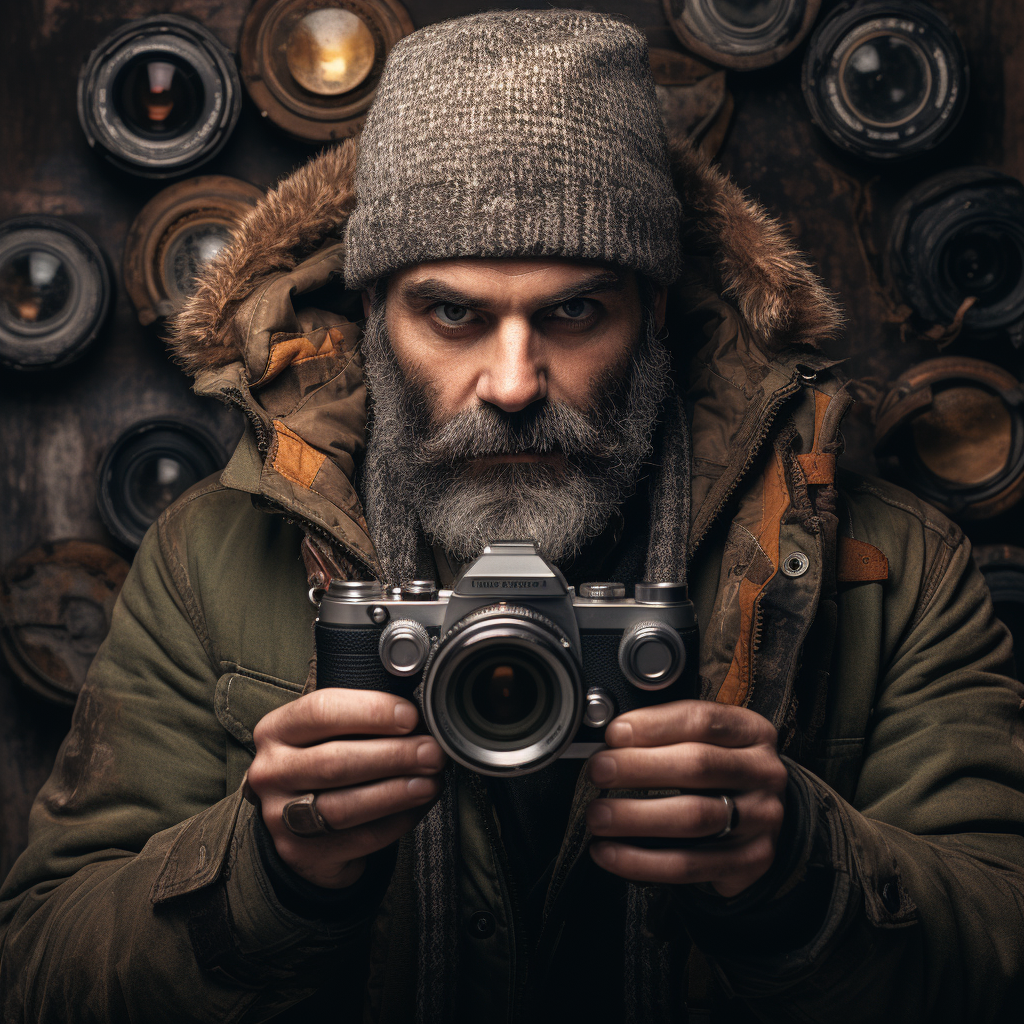Photography transcends the borders of art, emotion, and capturing a moment in time. However, when it comes to the regulations that regulate this powerful medium, boundaries, in this case, state lines, have the ability to significantly modify the rules. As we go more into the legal spectrum of photography, we discover a patchwork of restrictions, some of which unify states and others which clearly distinguish them. I, a photographic legal expert, encourage you to join me on a tour through state-specific photography regulations, variances, and common threads.
- Federal Laws as Common Ground
Before delving into state differences, it’s critical to grasp federal laws that serve as the foundation. At this level, the First Amendment protects the right to photograph in public spaces, supporting freedom of speech.
The crux, however, is in details such as:
Individuals have a reasonable expectation of privacy even while they are out in public.
Commercial Use: When using photographs for commercial purposes, especially when they depict recognizable persons, model releases are sometimes required.
The American Bar Association’s information on Photography Law might be helpful in comprehending the fundamental laws.
- State-Specific Variations: Important Differences
places that need two-party consent: In places such as California and Florida, recording conversations (even in public) requires the approval of all persons involved.
Drone Regulations: While the FAA offers a basic framework, states such as Texas and Nevada have unique drone photography guidelines.
Commercial photography in state parks without a permit is prohibited in New York. States like Arizona, on the other hand, are more permissive.
The State Law Resources on Photography is a must-visit if you want to remain up to speed on state-specific subtleties.
- Where States Diverge in Commercial Photography
When it comes to profiting from photographs, the legal environment becomes more complicated. Different states have different rules regarding:
Publicity Rights: An individual’s right to regulate commercial use of their appearance varies. Tennessee, for example, has significant safeguards, but North Dakota is less strict.
Location authorization: In states such as Massachusetts, shooting in particular historic or conservation zones may necessitate special authorization.
- Connecting Threads State to state
Despite the differences, there are some common threads:
Freedom of speech through photography is a commonly acknowledged principle under the First Amendment.
Rights Against Harassment: Photographers are usually protected across states from harassment or forced deletion of photos.
The National Press Photographers Association (NPPA) is a good resource for discussing these shared rights.
Including Authoritarian Links
Aside from the ABA, NPPA, book like Photographers’ Legal Guide (PLG) will increase your expertize.

